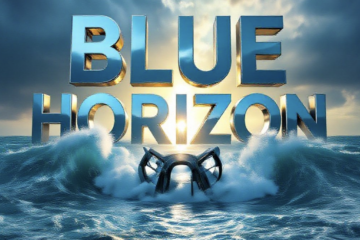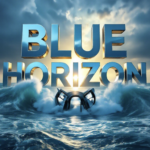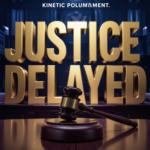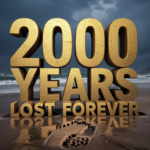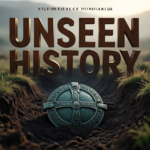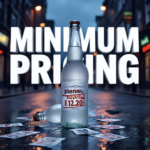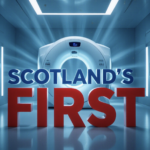Glasgow-based MedTech startup Seluna has raised nearly €752K to advance its AI-powered tool for diagnosing pediatric sleep disorders. The company also launched a key NHS validation study on August 28, 2025, aiming to address the underdiagnosis of childhood sleep apnea that affects millions of kids worldwide.
Funding Boost for Innovation
Seluna’s recent funding round brings fresh capital to push forward its mission in pediatric health. Led by Gabriel Investment Syndicate, the investment includes support from Scottish Enterprise, University of Strathclyde, and new investor STAC Invest. This totals about £650K in British pounds, converted to euros at current rates.
The money will fuel the development and testing of Seluna’s AI software. Founders Dr. Scott Black and Dr. Yola Jones started the company in 2022 after spotting gaps in how doctors handle sleep issues in children. With this boost, Seluna plans to refine its tech and expand its reach.
Investors see big potential in the pediatric healthcare market. Childhood sleep problems often go unnoticed, leading to long-term health issues like poor growth and learning difficulties. This funding positions Seluna to compete globally in a field dominated by adult-focused tools.

How the AI Tool Works
Seluna’s technology uses machine learning to analyze sleep study data. It spots digital biomarkers that signal disorders like sleep apnea, where breathing stops and starts during sleep.
Unlike traditional methods that rely on manual checks by staff, this AI speeds up the process. It provides clear, interpretable results that help doctors make better decisions without replacing their expertise.
The tool focuses on kids, filling a gap since most sleep tech targets adults. By processing data from brain waves, breathing, and heart rates, it aims to catch issues early.
This approach could cut down wait times in busy hospitals. Clinicians like Dr. Ruth Hamilton praise its explainable AI, which builds trust in medical settings.
- Key features of Seluna’s AI tool:
- Analyzes sleep data automatically
- Identifies biomarkers for apnea
- Offers interpretable insights for doctors
- Designed specifically for children
Launch of NHS Validation Study
The new study kicked off at the Royal Hospital for Children in Glasgow. It involves 500 patients and tests Seluna’s software as a medical device.
Led by experts like Dr. Haytham Kubba, the trial will check how well the AI diagnoses and prioritizes cases. This is the first such study for pediatric sleep tech using machine learning.
Results could pave the way for NHS adoption and even FDA approval in the US. Seluna hopes to show real clinical impact, easing pressure on healthcare teams.
The study addresses a global issue: an estimated 96 million children suffer from sleep-disordered breathing, with 80% undiagnosed. In Scotland, long wait lists mean kids wait months for help.
Partnering with the NHS highlights Seluna’s push for practical solutions. Success here could lead to wider use across the UK and beyond.
Broader Impact on Child Health
Sleep disorders in kids can lead to serious problems if ignored. Issues like sleep apnea link to obesity, heart strain, and behavioral challenges.
Seluna’s tool might help decide who needs treatments like surgery to remove tonsils. Currently, many kids get unnecessary operations due to limited data.
By improving diagnosis, the tech could save healthcare costs and improve lives. Recent studies show undiagnosed sleep issues affect school performance in up to 25% of affected children.
| Statistic | Detail |
|---|---|
| Global affected children | 96 million |
| Undiagnosed rate | 80% |
| Common treatment | Adenotonsillectomy |
| Potential savings | Reduced unnecessary surgeries |
This innovation ties into broader trends in AI health tech. For instance, similar tools have cut diagnosis times for adult sleep issues by 50% in recent pilots.
Looking Ahead for Seluna
Seluna eyes US expansion after the study. The company seeks partnerships and more funding to go global.
With pediatric sleep medicine lagging behind, Seluna could set new standards. Leaders like Dr. Black stress the need for child-specific tools in a market worth billions.
As AI advances in healthcare, stories like Seluna’s show how startups drive change. The focus on explainable tech ensures it fits real-world needs.
What do you think about AI in kids’ health? Share this article and comment below to join the discussion.


